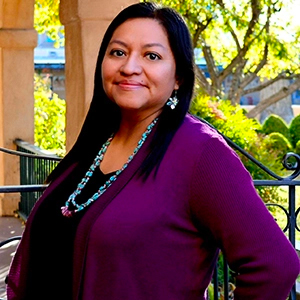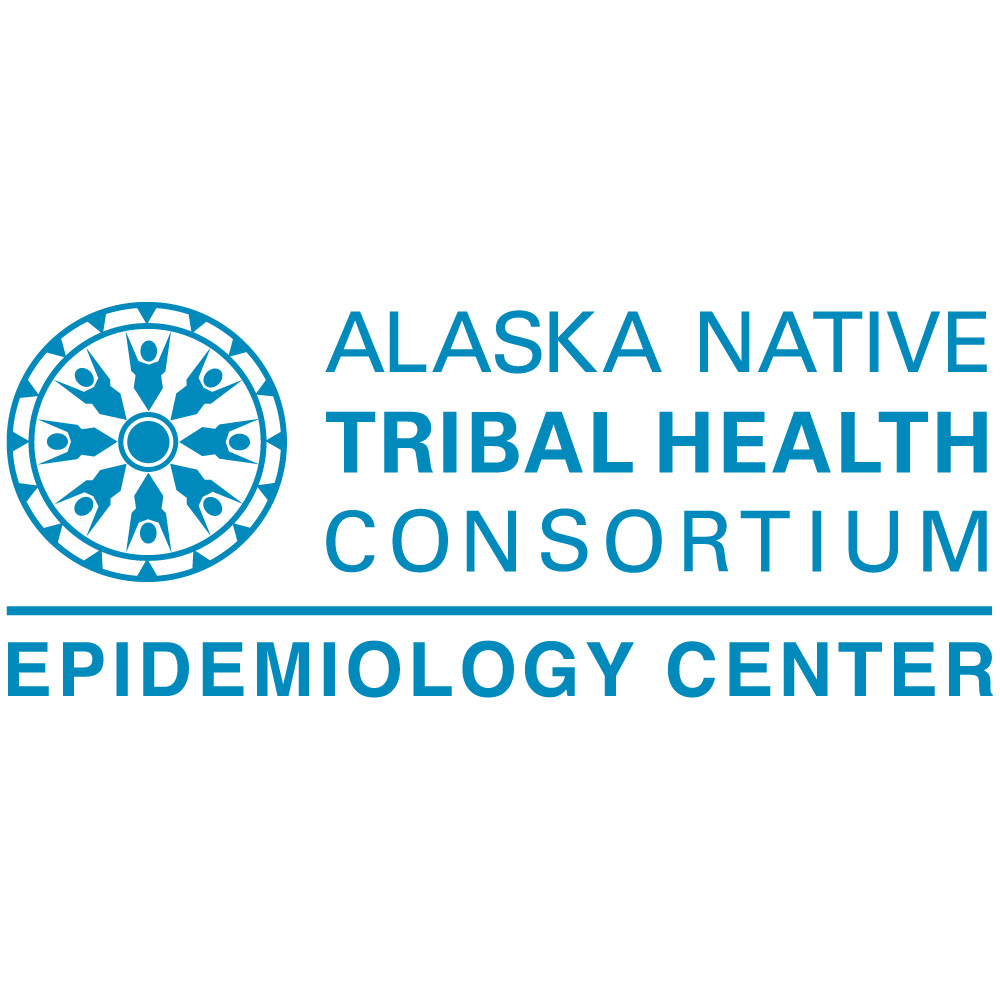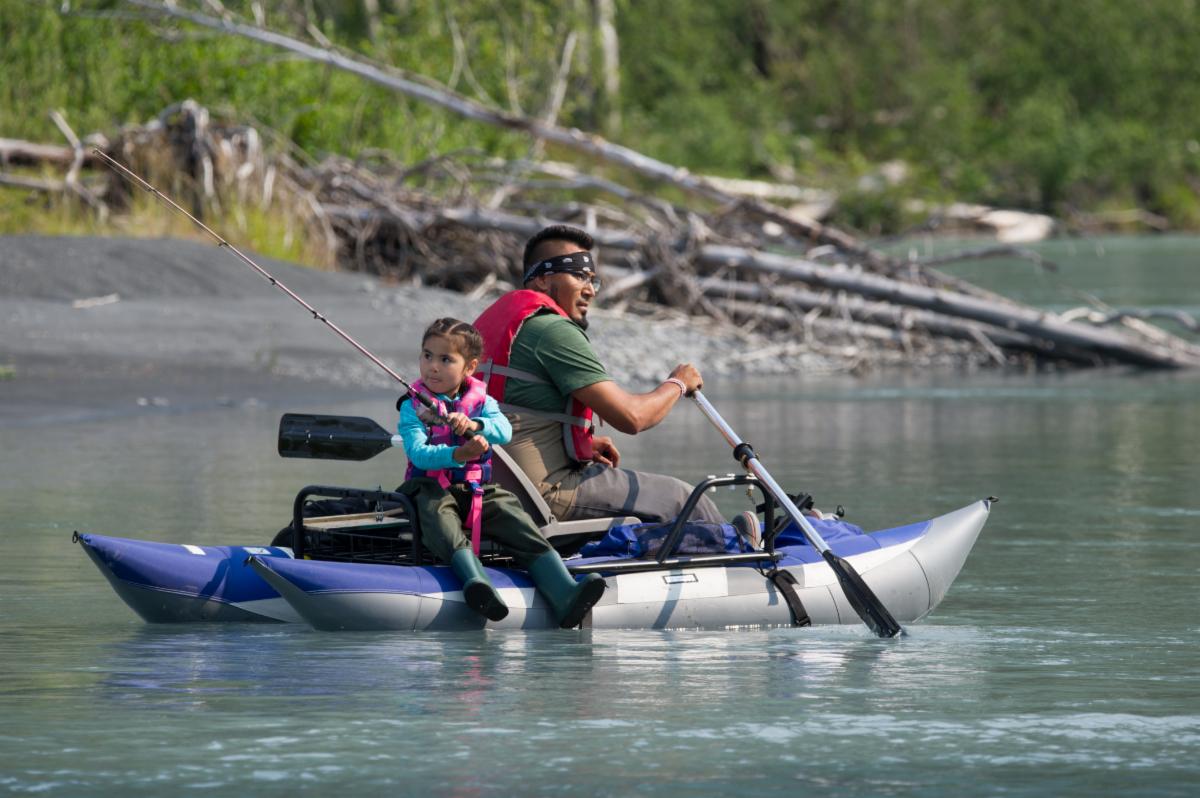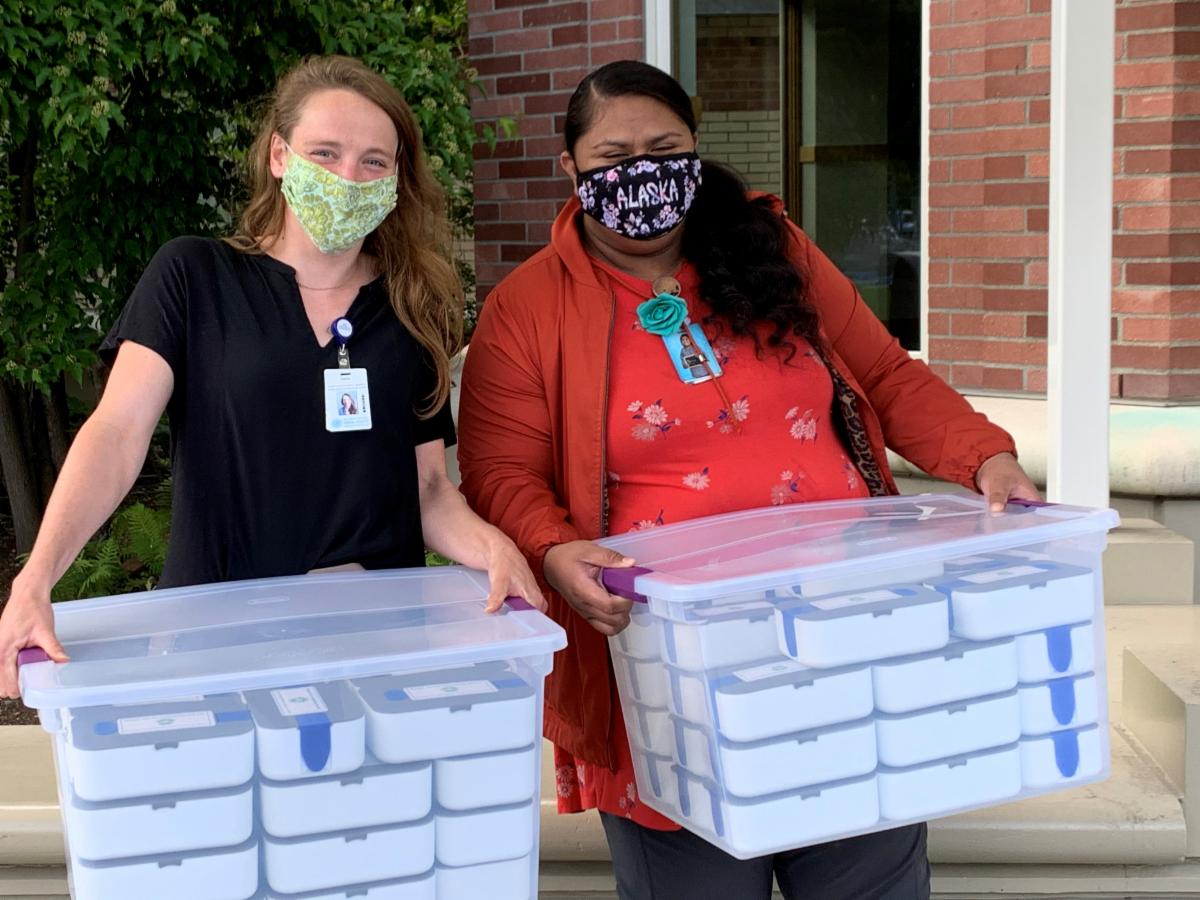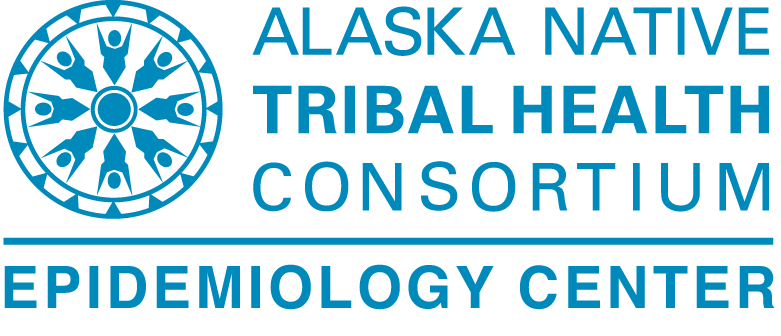PH-TIPP provides formal training in policy analysis and development as well as program evaluation. During this 1-year, on-the-job professional development opportunity, participants will engage in a training experience using projects from their day-to-day work. PH-TIPP training uses evidence-based approaches to help participants develop and enhance their population health and data modernization skills and add value to their organizations.
PH-TIPP participants are in leadership and management roles in their organizations. All learners have an MPH or equivalent coursework and many have additional training as physicians, veterinarians, nurses, or allied health professionals.
How PH-TIPP Benefits Participants, Supervisors, and Organizations:
- Participants receive formal mentoring and training from experts both internal and external to CDC while staying in their current jobs.
- Supervisors can support the professional development goals of their employees at little cost to the organization
- Organizations can more effectively apply population health practices to protect and improve the health of their communities


